A comparative study of the Nautch forms and Nakals displayed, by males and females provide us with an understanding of the problem of the ‘private’ versus the ‘pub1ic’ arenas and of role-reversal between the sexes.
Unlike tribal music where there is hardly any role for specialist or consideration of "excellence" in performance, the Laukic tradition of music in Banaras is carried from generation to generation through the formal institutional organisation of Gharana through guru-shishya parampara while maintaining the ethnic base. The data also indicate that the hierarchical norms in Varna-jati social order is also reflected in the exposition of musical forms.
Dr. Onkar Prasad finally observes that as one probes deeply into the latent level of musical culture of the Laukic forms, a commonly shared musical tradition of Banaras emerges as a unified field cutting across the dichotomies of the Laukic and the Shastric levels.
It was indeed a great pleasure and privilege to be associated with Shri Onkar Prasad as he gradually probed into the domain of Laukic music in the complex arena of Banaras with imaginatively improvised tools of field enquiry and analysis of data. As a student of social and cultural organisation of Indian civilisation, I consider this monograph to be a very significant contribution in the held. I hope it will stimulate other scholars to take up ethno-musicological studies among other groups and regions in India with the same rigour of theoretical and methodological preparation that Dr. Onkar Prasad has exhibited in his pioneering doctoral dissertation.

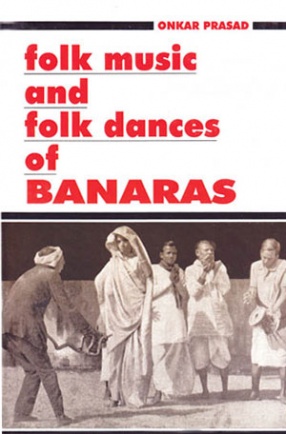
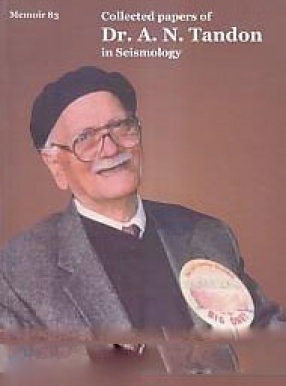
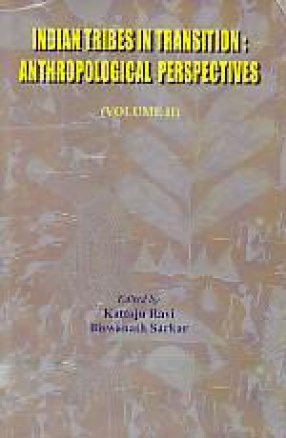
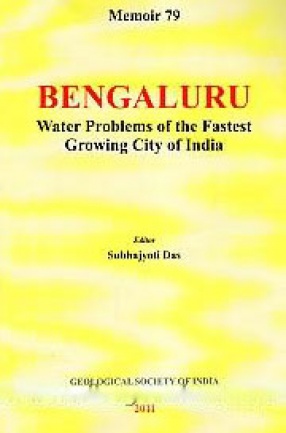
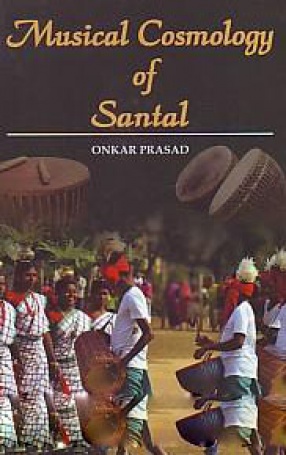
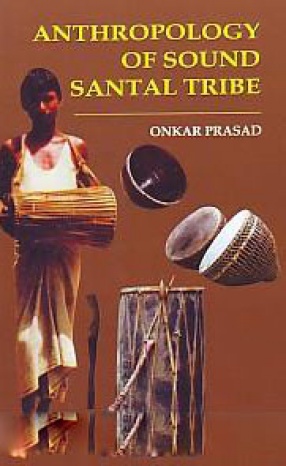
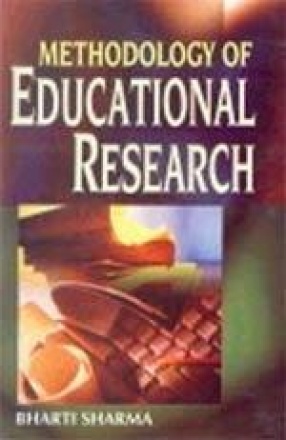
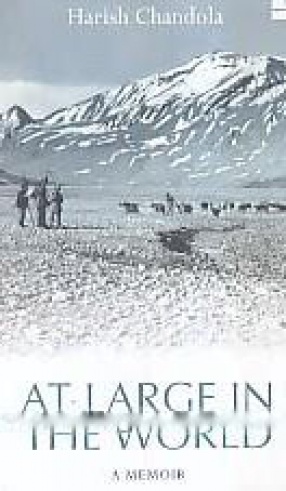

There are no reviews yet.